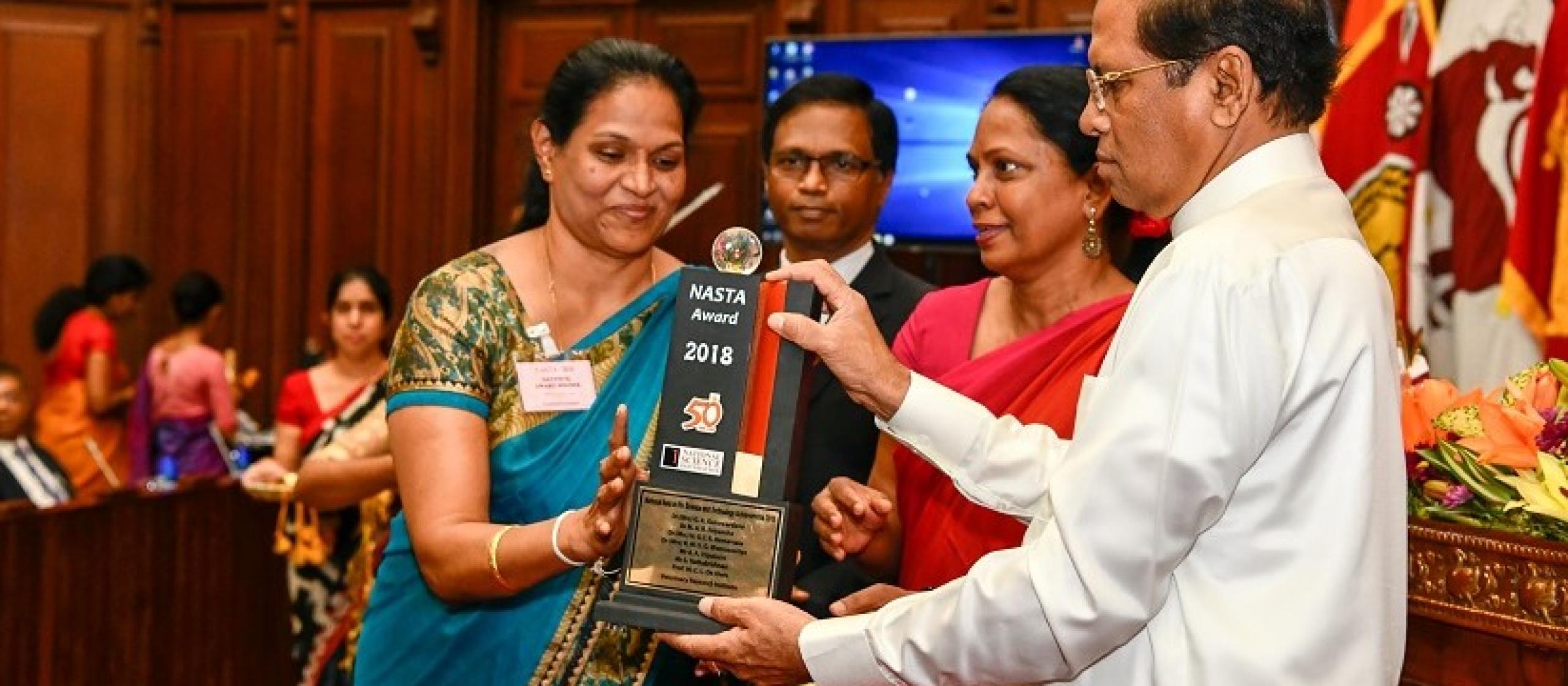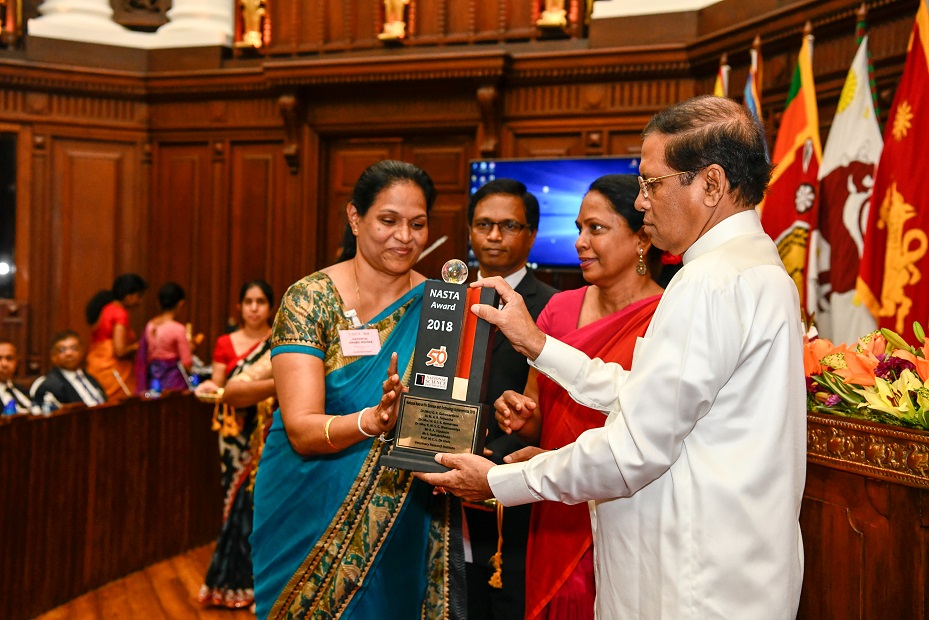- HomeHome
-
About ACIAR
- Our work
- Our people
-
Corporate information
- ACIAR Audit Committee
- Commission for International Agricultural Research
- Policy Advisory Council
- Agency reviews
- Executive remuneration disclosure
- Freedom of information (FOI)
- Gifts and benefits register
- Information publication scheme
- List of new agency files
- Contracts
- Legal services expenditure
- Privacy impact assessment register
- Commonwealth Child Safe Framework
- Benefits to Australia
- Careers
- 40 years of ACIAR
-
What we do
- Programs
- Cross-cutting areas
- Resources
- Where we work
-
Funding
- Research projects
- Fellowships
-
Scholarships
- John Allwright FellowshipScholarships to study in Australia for ACIAR partner country scientists to have Australian postgraduate qualifications
- ACIAR Pacific Agriculture Scholarships and Support and Climate Resilience Program
- Alumni Research Support Facility
- Publications
- News and Outreach
Date released
10 April 2019
A former John Allwright fellow, Dr Gnana Gunawardana, has been recognised for her work in developing an effective vaccine to combat fowl cholera.
Dr Gnana Gunawardana obtained her PhD in veterinary science with the support of an ACIAR fellowship. Her work has focused on developing effective vaccines to combat fowl cholera in Sri Lanka. In 2018, the Sri Lankan National Science Foundation recognised her work with a National Award for Science and Technology Achievement.
If the dividends from educational investments were positive feelings, the John Allwright Fellowship awarded in 1994 to Dr Gnana Gunawardana for PhD study in veterinary science would be as spectacular a stock as Google, Amazon or Microsoft.
Dr Gunawardana speaks fondly, highly and passionately of Australia and its role in her professional and personal development. She is deeply grateful, but has repaid the investment many times over through leadership and research in veterinary science, specifically in her ongoing work to combat fowl cholera. Fowl cholera is a highly contagious bacterial disease that affects domesticated birds such as chickens, turkeys and water fowl (in order of susceptibility), as well as wild birds.
Last year her work was recognised by the Sri Lankan National Science Foundation with a National Award for Science and Technology Achievement. The award citation describes her achievement: ‘For the development and successful field application of a new vaccine against fowl cholera in poultry, Sri Lanka’.
In 1991, Dr Gunawardana obtained a BVSc from the University of Peradeniya in Sri Lanka. She joined Sri Lanka’s Veterinary Research Institute the following year, attached to the bacteriology division. The director at that time was part of an ACIAR/University of Queensland project to develop a fowl cholera vaccine, and Dr Gunawardana says it was a ‘very good opportunity’ to collaborate with Australian researchers such as Professor Alan Frost, Professor Peter Spradbrow and Dr Ian Wilkie.
In 1995, inspired by that experience and supported by a John Allwright Fellowship, she began her doctoral studies at the University of Queensland, undertaking further work on vaccine production at the St Lucia campus and the university’s research facility at Pinjarra Hills.
‘They were wonderful years of opportunity and experience, in a very friendly environment. The people there became like a family, the place like a second home. I had many, many friends, from Australia, Indonesia, Japan, African countries and many others,’ she says.
‘I learned by exchanging ideas and problem solving. I was very naive and innocent, but with the kindness and caring of my mentors I gained experience and maturity, and developed both technical and personal skills.’
Her husband joined her in Brisbane in June 1995. In 2001, after a brief stint back in Sri Lanka, she returned to complete her studies and was awarded her doctorate. She returned to Sri Lanka to work at the Veterinary Research Institute, becoming head of the bacteriology division in 2002. She says her studies in Australia taught her new techniques for making vaccines and disease diagnostic products, which she introduced at the institute. These techniques were invaluable when the institute was faced with a deadly outbreak of fowl cholera in the breeding flock of one of Sri Lanka’s largest poultry producers. The outbreak was causing an average mortality rate of 20%, and had a major economic impact.
‘They had an imported vaccine,’ Dr Gunawardana says, ‘but it was not working. We isolated the bacteria from sick and dead birds and produced various vaccines using the usual adjuvants’ (a substance that potentiates and/or modulates the immune responses to an antigen to improve them). However, the mortality rate did not decrease. Finally, after an exhaustive process, the team trialled three types of vaccine in the field. ‘One adjuvant gave good results. We vaccinated 100,000 birds and bird mortality was down.’
Dr Gunawardana continues to work in Sri Lanka, at the Veterinary Research Institute in Kandy, developing new vaccines and new ways to produce vaccines, and refining diagnostic techniques, such as biological reagents.
One of the professional pleasures of this stage of her career is supporting and mentoring a new generation of Masters and PhD students. The shy young woman from Radawana, Gampaha, has come a long way from her school days at Visakha Vidyalaya, a leading school in Colombo, to become a confident advocate for women in science.
Women face a lot of challenges, she says. ‘I am confident and skilled in my subject matter; we can express our ideas, but our ideas may not be listened to as much as men’s. Although there are now a lot more women scientists in Sri Lanka—women represent 46% of scientists in science and development institutes and universities, and more than two-thirds of researchers at the Veterinary Research Institute are women—there are cultural limitations and restrictions. There’s still the idea in some circles that a woman’s role is to look after children, parents and husbands. But my family are very supportive. They give me strength to face the challenges of research and veterinary medicine, as do my friends, colleagues and ACIAR.’




